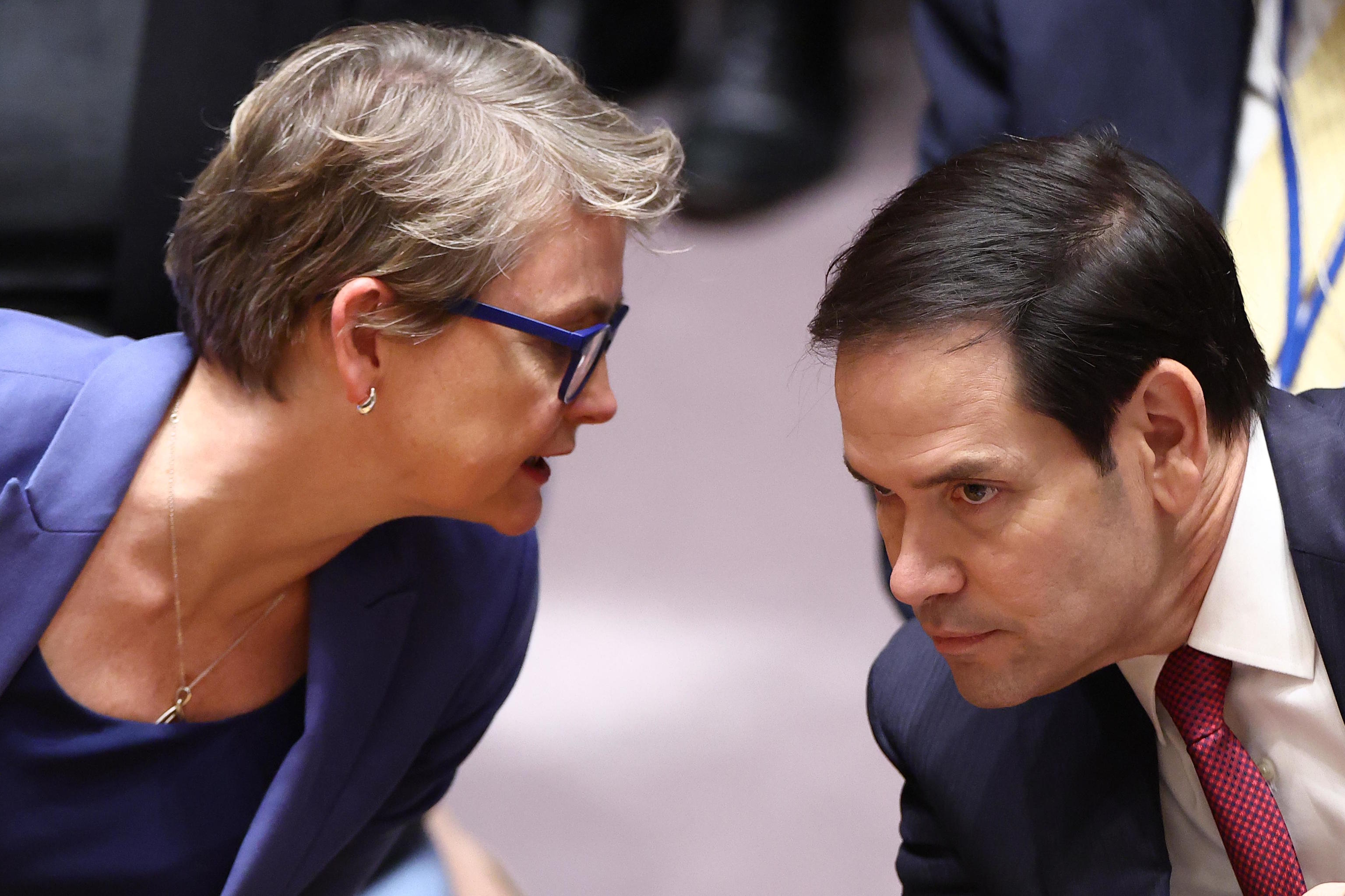In volume and aggressiveness, the activity of Russian intelligence, espionage, and sabotage in Europe today is approaching Cold War peaks - and in some indicators (mass expulsions, geographical breadth, and gray zone operations) it even surpasses them - but its nature has changed: if before we had the so-called "ideological moles" with a long history, in the style of the traitor Kim Philby (a high-ranking member of British intelligence who, however, was actually a convinced Marxist and served as a Soviet KGB agent), today there is much more action in the cyber world, in the recruitment of foreign individuals without ideology, and in sabotage for money.
In this context, the secret services of several countries on the continent have gone on the offensive. They are no longer just monitoring Kremlin intrusions into their security systems or recruiting individuals in need of funds via Telegram to carry out certain tasks in exchange for cryptocurrencies. Now they want to rebuild networks on the other side of the new Iron Curtain.
The MI6 is launching its own portal on the dark web in the hope of attracting new spies. Although Russia is not explicitly mentioned as the only country where the UK needs informants, the entire initiative is directed towards that point.
MI6 has created the Secure Messaging Platform Silent Courier, which aims to facilitate recruitment by the intelligence agency, the British Foreign Ministry stated. Contact with this website leaves no trace, so communication is anonymous. London is seeking potential agents in Russia, but also in places like China or Iran. Personal contact with these recruits can be made, "discreetly," in bridge cities like Istanbul, a place with a lot of Russian traffic since other routes were closed due to the invasion of Ukraine.
Another transit point for Russians (and potential agents) is Estonia. Its secret service, the KAPO/ISS, has opened new direct warning channels (operational emails and recruitment mailboxes) and publishes its Annual Review every year with instructions for new agents and to report infiltration attempts. The VSD of Lithuania and the VDD/MIDD of Latvia have similar measures, but they add a confidential form and public campaigns like "Do not travel to Russia/Belarus" due to the high risk of forced recruitment and the installation of malware on phones and computers during inspections at border controls.
In addition, the three Baltic countries publish guides and announcements on "detecting saboteurs" for the population, recommending not to intervene before reporting any suspicious movements to the police or secret services.
Germany has also launched a public campaign, titled "Do not become a disposable agent," warning about FSB tactics on social networks. These helplines serve as the first filter to identify profiles recruited or pressured by Moscow and turn them into double agents so that they can, in turn, obtain information from their recruiters in exchange for true but low-value information. The approach of the French secret service (DGSE/DGSI) towards potential agents in Russia is very similar to the German one.
The Netherlands (AIVD/MIVD) offers 24/7 contact, legal protection of the source by law, and a preference for phone/fax (avoiding emails for security reasons). They present it as citizen counterintelligence, but it is also a first contact route for potential sources (including Russian citizens) from Dutch territory or in transit.
In practice, and unlike how Russian networks operate with tools like Telegram, the first contact with a European service aims to be safe and remote (encrypted phone or form without metadata). Then, these agencies must carry out a minimum verification to ensure it is not a trap and provide operational guidance (do not move money, do not repeat routes, maintain certain digital hygiene). The third step is to arrange a meeting in a third country (Istanbul, Yerevan, Dubai, etc.) under consular cover or with total discretion. The fourth step involves legal protection packages, relocation, and economic support if the information is of strategic value.
The British Foreign Secretary, Yvette Cooper, said: "As the world changes and the threats we face multiply, we must ensure that the UK is always one step ahead of our adversaries. Our world-class intelligence agencies are at the forefront of this challenge, working behind the scenes," she commented when presenting the Silent Courier.
